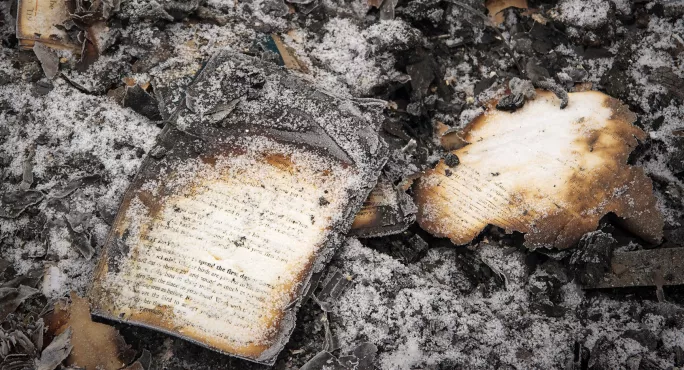- Home
- Leadership
- Compliance
- The importance of trust insurance - and assurance
The importance of trust insurance - and assurance

After a notice to improve was recently issued to an academy trust over its failure to take out adequate insurance cover, a leader at another trust sets out the key steps to take to ensure that your policies and processes in this area meet requirements.
Insurance is just one part of a trust’s legal, financial and moral responsibility to maintain high standards of fire safety, as part of a wider health and safety framework within schools.
Having assurance that all these key elements are in place, at scale and at distance, is a challenge, but with scale comes the resource to invest in expertise and to leverage collaboration to meet this challenge and more.
Complying with insurance terms and conditions
A significant aspect of trust compliance is adhering to insurers’ terms and conditions.
Insurers set out specific requirements for schools to manage fire safety as part of their broader health and safety obligations. It should go without saying but always check the small print for details.
Generally, though, insurers will expect trusts to:
- Conduct regular fire risk assessments, identifying potential fire hazards, evaluating the level of risk posed to occupants and describing the control measures to mitigate these.
- Implement and maintain fire safety systems, ensuring that fire alarms, smoke detectors, emergency lighting and fire extinguishers are fully operational and tested regularly.
- Provide staff training and evacuation drills, ensuring that all staff are adequately trained in fire safety procedures. Drills are a crucial opportunity not just to rehearse but to learn and improve practice.
- Hold fire safety compliance documentation, maintaining up-to-date documentation of fire safety audits, risk assessments and system checks.
By fulfilling these requirements, schools not only protect their students and staff but also ensure that they remain covered under their insurance.
Fire safety management across a trust
As much as they need insurance, however, senior leaders and trustees need assurance that these things are in place day in, day out.
At Astrea Academy Trust, we have a comprehensive fire safety management strategy that aligns with our insurer’s requirements. Every school within the trust is required to conduct and update its fire risk assessments annually.
Fire safety systems, including alarms, fire doors and extinguishers, are tested on a regular schedule to guarantee functionality and compliance. Any deficiencies identified during routine checks are addressed immediately.
Using our facilities management software, the central estates team monitors a live dashboard, which informs their reporting of health and safety compliance and incidents to executive leaders. The data available through this flows from across the trust’s schools into dashboards, which give the executive access to the overall picture, as well as to the details.
This, in turn, informs the assurances that executive leaders are able to give to the board of trustees, as the proprietor. This is not about giving trustees detailed results of checks of this logbook or that extinguisher, but rather providing them with assurance that the trust’s systems and processes are robust enough to meet these duties.
Most boards will not have a health and safety specialist and, even if they do, individual trustees should not bear the full weight of internal scrutiny activity.
This is where the board’s or audit committee’s role in directing scrutiny comes in. By commissioning external expertise to interrogate and report on the trust’s processes, trustees can gain greater assurance.
This is all supported by our published risk appetite statement and a multi-annual forecast of audit activity.
Economies of scale
While scale brings the demand for this activity, it also brings the opportunity to fund in-house expertise and to apply more financial firepower in commissioning external providers of assurance.
In some areas - though not yet fire safety - Astrea has moved towards single contracts for its outsourced safety checks.
This allows managers to standardise quality and reporting and, thereafter, executives and trustees to understand the level of assurance gained from this.
Overall insurance and the mitigation of risks are vital parts of a trust’s (or, indeed, school’s) operations and so it is crucial that those tasked with overseeing these areas put processes in place to ensure that everything remains above board at all times.
Tomas Thurogood-Hyde is assistant CEO and company secretary at Astrea Academy Trust
Dave Scott-Hepburn is health and safety manager at Astrea Academy Trust

Register with Tes and you can read two free articles every month plus you'll have access to our range of award-winning newsletters.
Keep reading with our special offer!
You’ve reached your limit of free articles this month.
- Unlimited access to all Tes magazine content
- Save your favourite articles and gift them to your colleagues
- Exclusive subscriber-only stories
- Over 200,000 archived articles
- Unlimited access to all Tes magazine content
- Save your favourite articles and gift them to your colleagues
- Exclusive subscriber-only stories
- Over 200,000 archived articles



